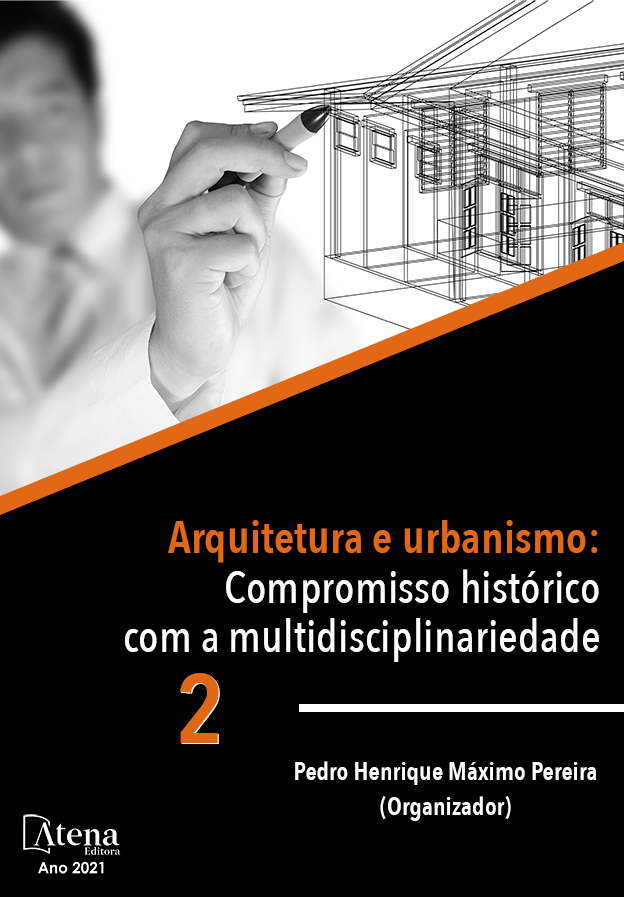
DESEMPENHO DA FILTRAÇÃO LENTA EMPREGADA NO TRATAMENTO DA CARGA DE DBO ORIUNDA DE ESGOTO DOMÉSTICO
Devido à preocupação atual com a preservação das fontes de água potável para as futuras gerações, cada vez mais tem sido importante o estudo de novos processos e tecnologias para tratamento do esgoto gerado pela sociedade. Com forma de garantir a preservação do modo de vida da sociedade moderna. A área de estudos de sistemas alternativos de tratamento de esgoto doméstico vem sendo pesquisados em centros de pesquisas no Brasil e no mundo. Uma das tecnologias emergentes a que vem agregar valor para o estudo e tratamento residual é o sistema de filtração lenta. É um sistema de câmaras compartimentadas com material granular constituído de areia e pedregulho. Esse trabalho monitorou um sistema piloto de filtro lento desenvolvido no campus da UNICAMP. O sistema possui dois filtros com camadas de material suporte em que num existe ainda uma camada adicional de carvão ativado. O estudo durou nove semanas com coletas semanais para analise da concentração da demanda bioquímica de oxigênio proveniente do esgoto do local. Os estudos mostraram que o sistema teve uma eficiência de até 70% para remoção da demanda bioquímica de oxigênio para o filtro com camada adicional de carvão ativado, enquanto o filtro convencional teve um desempenho na faixa de 60%.
DESEMPENHO DA FILTRAÇÃO LENTA EMPREGADA NO TRATAMENTO DA CARGA DE DBO ORIUNDA DE ESGOTO DOMÉSTICO
-
DOI: 10.22533/at.ed.29421041011
-
Palavras-chave: Filtro de areia, esgoto doméstico, contaminação, poluição hídrica.
-
Keywords: Filter sand, domestic sewage, contamination, water pollution.
-
Abstract:
Due to the current concern with the preservation of drinking water sources for future generations, it has been increasingly important to study new processes and technologies to treat sewage generated by society. In order to guarantee the preservation of the way of life of modern society. The area of studies of alternative systems of treatment of domestic sewage has been researched in research centers in Brazil and in the world. One of the emerging technologies that adds value to the study and residual treatment is the slow filtration system. It is a system of chambers compartmentalized with granular material consisting of sand and gravel. This work monitored a slow filter pilot system developed at the UNICAMP campus. The system has two filters with layers of carrier material in which there is still an additional layer of activated carbon. The study lasted nine weeks with weekly collections to analyze the concentration of the biochemical oxygen demand from the local sewage. The studies showed that the system had an efficiency of up to 70% to remove the biochemical oxygen demand for the filter with additional layer of activated carbon, while the conventional filter had a performance in the 60% range.
-
Número de páginas: 15
- Prof. Dr. ARISTON DA SILVA MELO JÚNIOR


